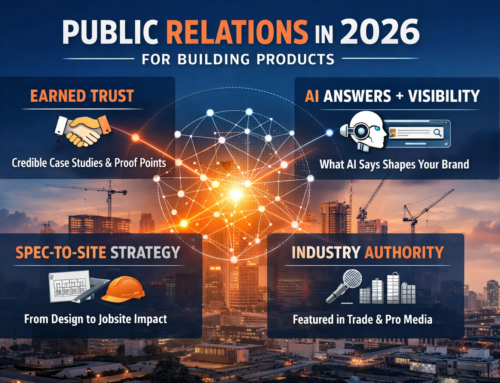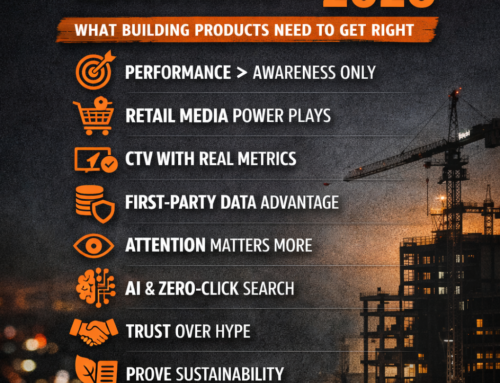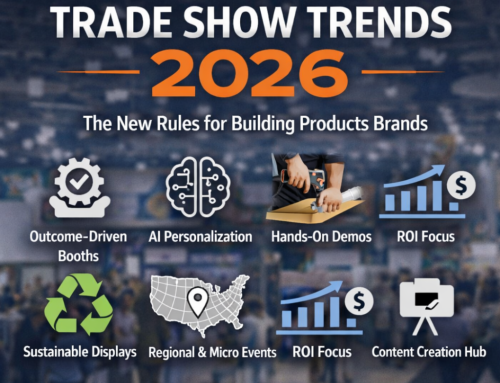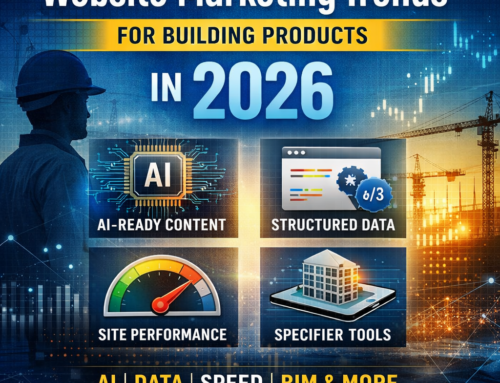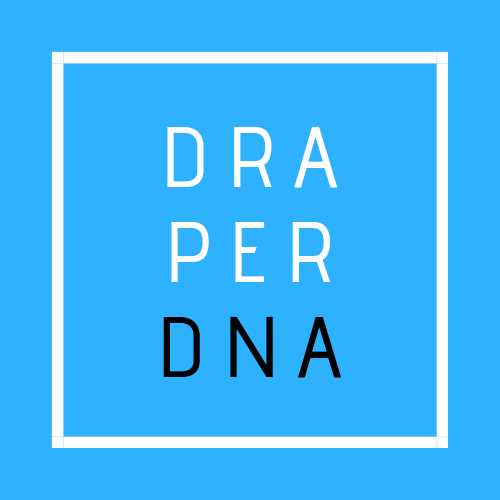There is a Difference featuring Casey Nifong, SEO Superstar
May 19, 2023
Nine years ago, I met this smart, enthusiastic person starting her career navigating the world of search engine optimization like few others I have met. I would like you to meet Casey Nifong. She can and will change your business for the better.
I’m Casey Nifong. I’m the founder of Mountain Laurel Digital. My background is primarily in search engine optimization, specifically focused on organic search. And I’ve been doing technical SEO for a little over 10 years, all in the agency space. I’ve worked for four other agencies, and then I started this one in 2017 and we’re about to be six years old.
Share with us your experiences in helping builders with their digital marketing.
In my experience with working with builders, a lot of it goes back to what makes them different as a builder and how they approach their building product and their supply chain, all of the different technical pieces involved in their job. So with optimization for search, I really work with the business owner or the marketing team on the building company side to better understand what makes them different and then optimize for those questions. Because organic search is a lot around context and answering the questions that those ideal customers are asking. And so a lot of it has to do with those upfront stakeholder conversations and research to do the optimizations for those specific targeting strategies.
Will you give us an example of one that you’ve worked with recently?
We work a lot with leading producer of manufactured homes. And with their SEO, we did a lot of research around the search terms that people were searching, and one of the big terms that we were finding that people were looking for was the difference between manufactured home, like what makes it a manufactured home, and then why it’s a good fit for certain buyers. And so what we did was we optimized content for something called a featured snippet and helped them keep that ranking. And featured snippets are really important for builders especially because it’s really competitive space and feature snippets means that it gets isolated to the top of the search results because essentially Google’s algorithm has established that particular link is the best resource. So similar to a Wikipedia link, but essentially it’s spending a lot of time on a specific page that’s answering a question or a query that gets asked a lot in that space.
What is the lifespan of a website and why?
Well, what we try to do something called growth-driven design, which is a HubSpot affiliated methodology. And so that means that you don’t necessarily need to rebuild the whole website, but you should be redesigning it always. So that’s how we approach web design. So a full website design I feel like is dependent upon the business’ growth and strategies. So most businesses aren’t going to be keeping the same business development strategies for more than three or four years, max. If they’re trying to grow, they should be strategically changing their target audience, their target audiences are probably evolving. And so a website should really be redesigned or overhauled within the three to five year span, just mostly because of the economics of being in business and that being your front office and what your first impression is. And so from a search results perspective, your competition is going to keep updating and you don’t want to be left behind either.
Another good reason is that technology is always changing and how people are using websites is changing dramatically, especially with the AI coming into play and people are experiencing more chat, conversational experiences on the internet. Where people were experiencing websites, now they’re experiencing more personalized search results, which means websites are going to be changing, but that’s the nature of tech. And so I think with business strategy and technology always evolving, that the website needs to be updated regularly and more than likely redesigned in three to five years.
What are the top trends for websites?
Top trends for websites. Well, obviously mobile has been at the forefront the past five years. I think now it’s kind of demanded, like it’s not something you can leave behind, but I think outside of the mobile user experience for website, and obviously making sure they’re responsive now is a lot about the scroll. So we use a lot of tools around heat mapping and seeing how people are utilizing your website from a user experience perspective. And those tools kind of teach us, especially in different markets, how people are utilizing the website because it really isn’t a general best website practice for all sectors. Obviously there’s best experiences for builders and my experience for builders and in the building space, a lot of it has to do with visuals and also making sure the information that you want first is above the fold because more and more people are experiencing websites on their phone, so they’re less likely to scroll all the way down to the end of the page.
So now it’s a lot of optimizing for scroll-ability. Also, site speed has always been really important, but it’s become an even more important piece of a website and that has a lot to do with the design. So I think there used to be trends around really big images and really large websites, and that just doesn’t work really well for site speed. So we do a lot of optimization around image size in order to help site speed to be the fastest it can because it’s also a competitive edge. You could just imagine in the building space, no one has time for a site to load, just like on the user experience side. If it loads slower than the site next to it, probably not going to get that business.
Is traditional SEO dead?
No, there’s definitely still some tactics within traditional SEO that are super valuable. I would say the full traditional stack of SEO, there’s definitely some things that I’ve thrown out the window at this point that don’t really work anymore. The things that we don’t do anymore are buying links. Obviously that’s been out-of-date, you’d be surprised how many people still do that. But link earning is what we recommend, and it’s still a big part of the algorithm to have a really high domain authority, which is coming from very high value links, like .gov, .edu, national news recognition.
So PR is still a big part of SEO. I just think now, especially with AI and the credibility of the website being even more of a differentiator in this space, that is still a very big algorithm factor. So we still do a lot of digital PR for SEO efforts. In regards to content, I would say content strategy has dramatically changed from an SEO lens. There was an algorithm a few years back called RankBrain, and it was a natural language processing algorithm, and that was kind of the start of what’s happening now with AI, which is essentially, it’s not just around context, now it’s around personalized context. So it’s almost like the traditional tactics are still there, but now they’re more highlighted in the personalized and contextual lens.
Do you envision incorporating AI into your SEO strategy management?
Yes, absolutely. Yeah, I’m writing a blog on it now and we’ll start integrating it into our SEO services. I’m going to be leaning into the Magi. The Magi project is Google’s AI. Because they have the biggest user base, so I don’t really see a reason to spend any time on anybody else.
How does your interest in sustainability translate to the services that you provide?
Well, I think there’s a lot of natural overlap, actually, the more I learn about it. One being on the technical side, accessibility and sustainability are very aligned in that a carbon footprint of a website has a lot to do with how fast it is and how heavy it is. So the carbon footprint actually has a lot to do with user experience as well. So there’s a lot of natural overlap, things we’re already doing are supporting offsetting carbon, but from websites, and that has a lot to do with design tactics. Our team is taking a green design course and we’re getting certified as a green website design agency. So that is really overlapped with those initiatives already.
And then from a sustainability perspective to leaning into helping brands in the builder space become more aware of how important sustainability is for company culture, I mean, I think business development, honestly, people are really interested in how people are making decisions and their impact on the planet. So I think that in my experience of working with builders and those that are putting sustainability first are growing. So I think it is a very beneficial tactic to highlight and focus on marketing dollars.
Thank you, Casey.
Experience matters. Certainly, when you are considering something as specialized as your website or SEO. Get either of these things wrong and your business may not be able to recover. Add working with builders and sustainability to the mix and we have a nice combination of experiences that we will serve you and your building products business well. Imagine not having to explain how to best connect with your primary customers. It will save you time and money AND will lead you to better performance.
We invite you to talk with us about making certain your website is achieving optimal performance and your SEO leading you to your desired customers. Ask us about our Knights of the Roundtable experts across the spectrum of marketing. We can and will bolster your marketing effectiveness.

